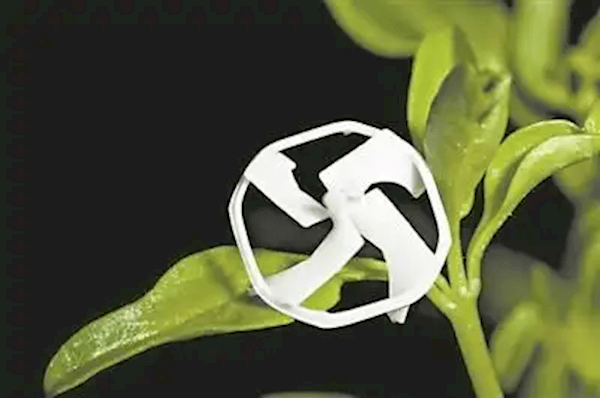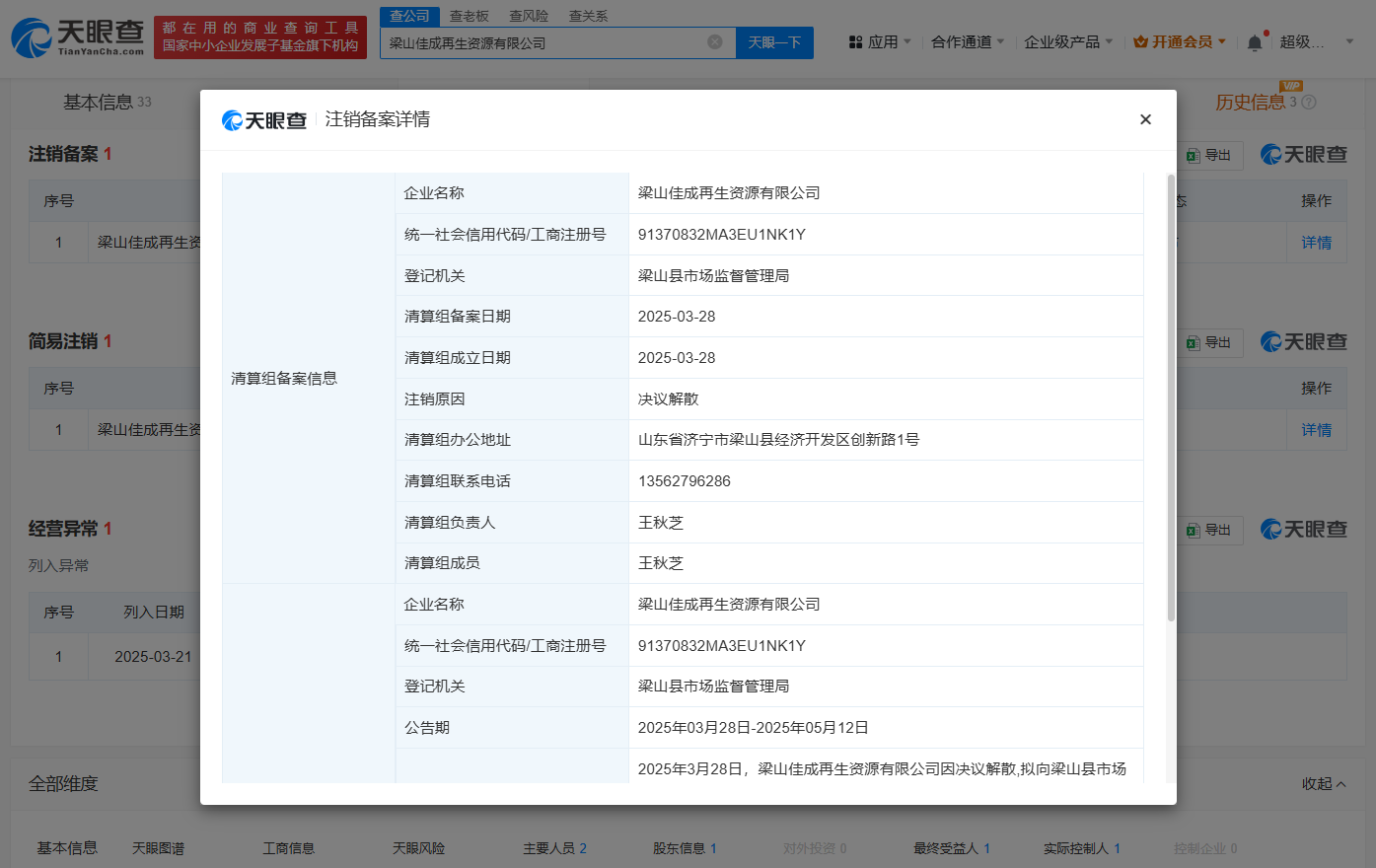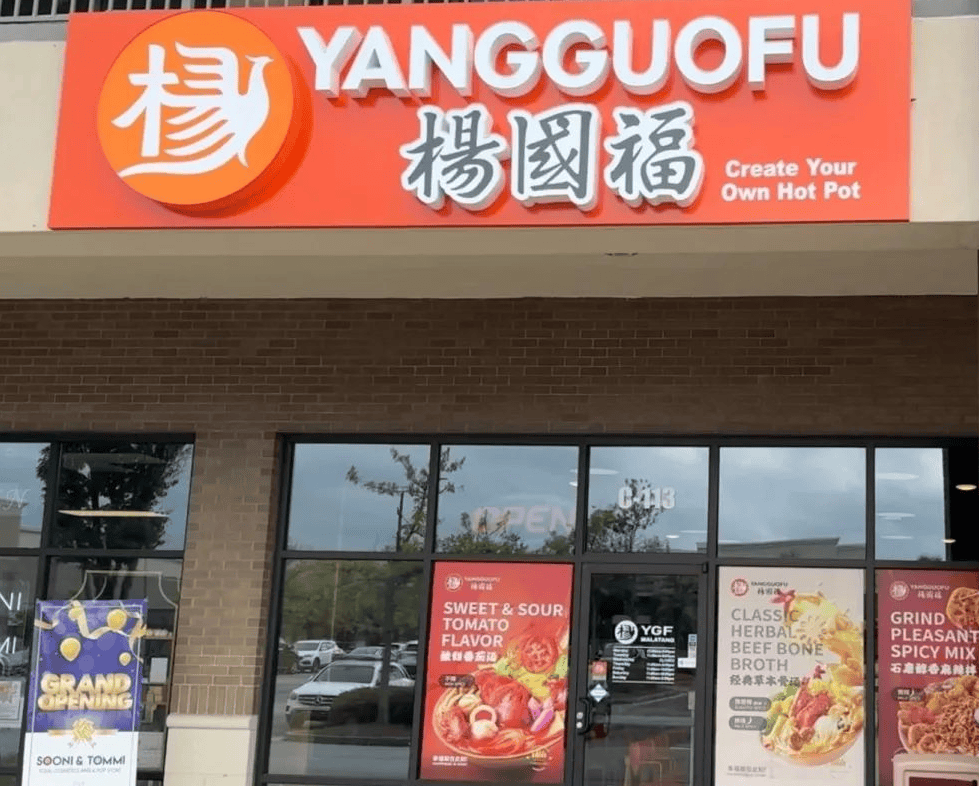The traditional renovation industry, plagued by frequent pain points such as unresponsive customer complaints, unjustified delays in project timelines, messy on-site conditions, corners cut during construction, and widely criticized "unfair extras," has long been in need of change. However, there is an entrepreneur who aims to bring about a transformation through the power of the internet. He is Bai Yucheng, affectionately known as "Old Bai" by his friends.
The acquaintance with Old Bai dates back twenty years, when he worked in the marketing department of And Guang, an IT distribution brand, which was renowned in the industry for its philosophy of "Harmony with Light, Unity with Dust."
Old Bai, a firm believer in feng shui, founded his own internet-based renovation brand, "531 Renovation Hero," in October 2015, embarking on a journey in the internet renovation industry that has spanned nine years.
In Old Bai's perspective, the early traditional renovation industry was primarily divided into three models: self-operated, intermediary, and subcontracting. In the self-operated model, renovation companies rely on their own teams to complete the work. The intermediary model, akin to modern platforms like XX Rabbit, was once tried by Old Bai but found to have many drawbacks and was not a viable path for internet-based renovation.
The intermediary model essentially functions as a platform for selling renovation information, profiting from the sale of customer information, with prices ranging from 300 to 500 yuan per lead. The subcontracting model, on the other hand, is the most common in the home renovation industry, accounting for over 90%. Under this model, after signing a renovation contract with the customer, renovation companies often subcontract the work to subcontractors at a lower price. The subcontractors then complete the project based on their professional integrity and trustworthiness.
However, subcontractors are only responsible to the renovation company, not the customer, leading to frequent conflicts between subcontractors and customers. The unregulated pricing in the renovation industry is also a significant issue, primarily due to the complexity of renovation construction and fierce competition. The renovation process involves a wide range of materials, processes, and craftsmanship, which most people find difficult to fully grasp. As a result, the price quotes are often closely related to the construction technology and material grades.
Old Bai is well aware that the renovation industry is one with extremely high potential and extremely low limits. Due to the variety of home materials, prices can soar infinitely or plummet to near-zero levels, and "unfair extras" have become a means to compensate for low-cost quotes. Under fierce competition, renovation companies with reasonable pricing are often pushed out, while low-cost, low-quality companies are more likely to attract customers, eventually leading to the "lemon market" phenomenon where bad drives out the good.
The "lemon market" refers to a situation in an asymmetric information market where the seller has more information about the product quality than the buyer, leading the buyer to be willing to pay the lowest price to reduce risk, thereby making low-cost, low-quality products more likely to be sold. The renovation industry also faces such a problem, as market information is asymmetric, and customers often choose the lowest-priced merchants, whose quotes are often far below normal costs, leading to the normalization of "unfair extras" and "cutting corners."
Old Bai hopes to improve the industry through internet means, reducing information asymmetry and establishing a smooth communication mechanism. He recalls an incident a few years ago when 531 Renovation Hero completed kitchen and bathroom renovations for an 88-year-old missile rocket expert. This elder, who had made significant contributions to the country, patted the young designer on the shoulder and said, "Young man, help me design this well, as this might be the last time I renovate my house in my lifetime." Old Bai understands the weight of this statement, as the renovation cycle for a house is typically 10-20 years, and ten years later, this elder will be 98 years old.
This renovation gave Old Bai a sense of achievement, showing the changes brought about by his efforts, the complete transformation of the customer's living environment, and the creativity of the brand itself, all of which filled him with satisfaction. Old Bai believes that every home renovation is a stage of self-affirmation for people, reflecting their upward life ladder.








暂无评论